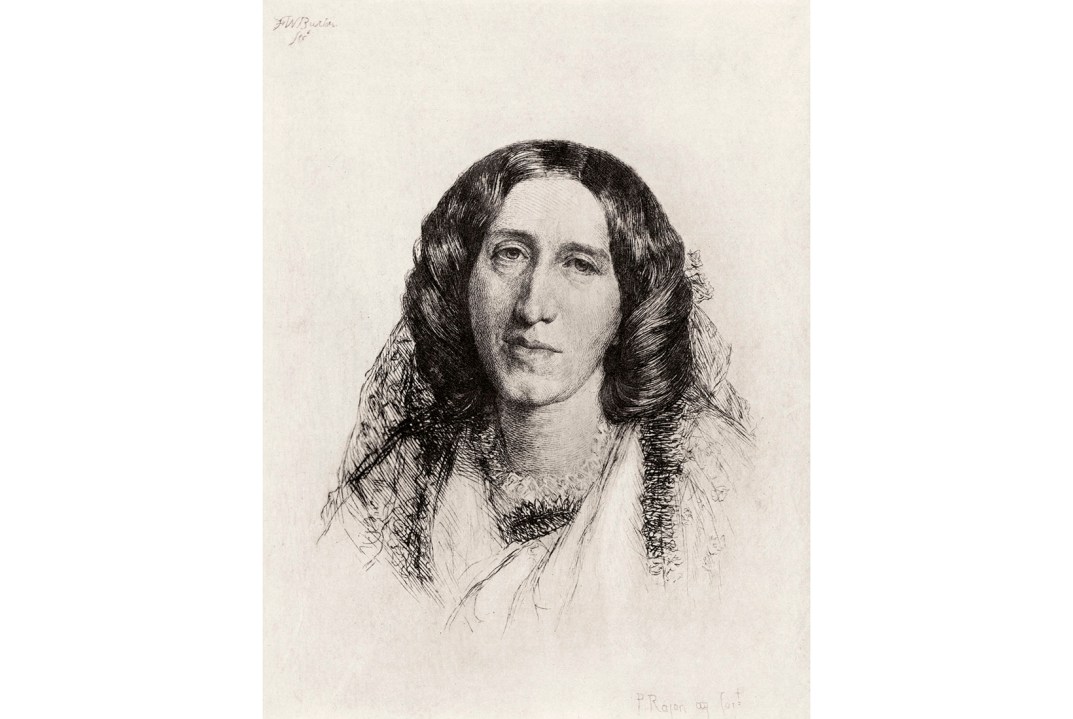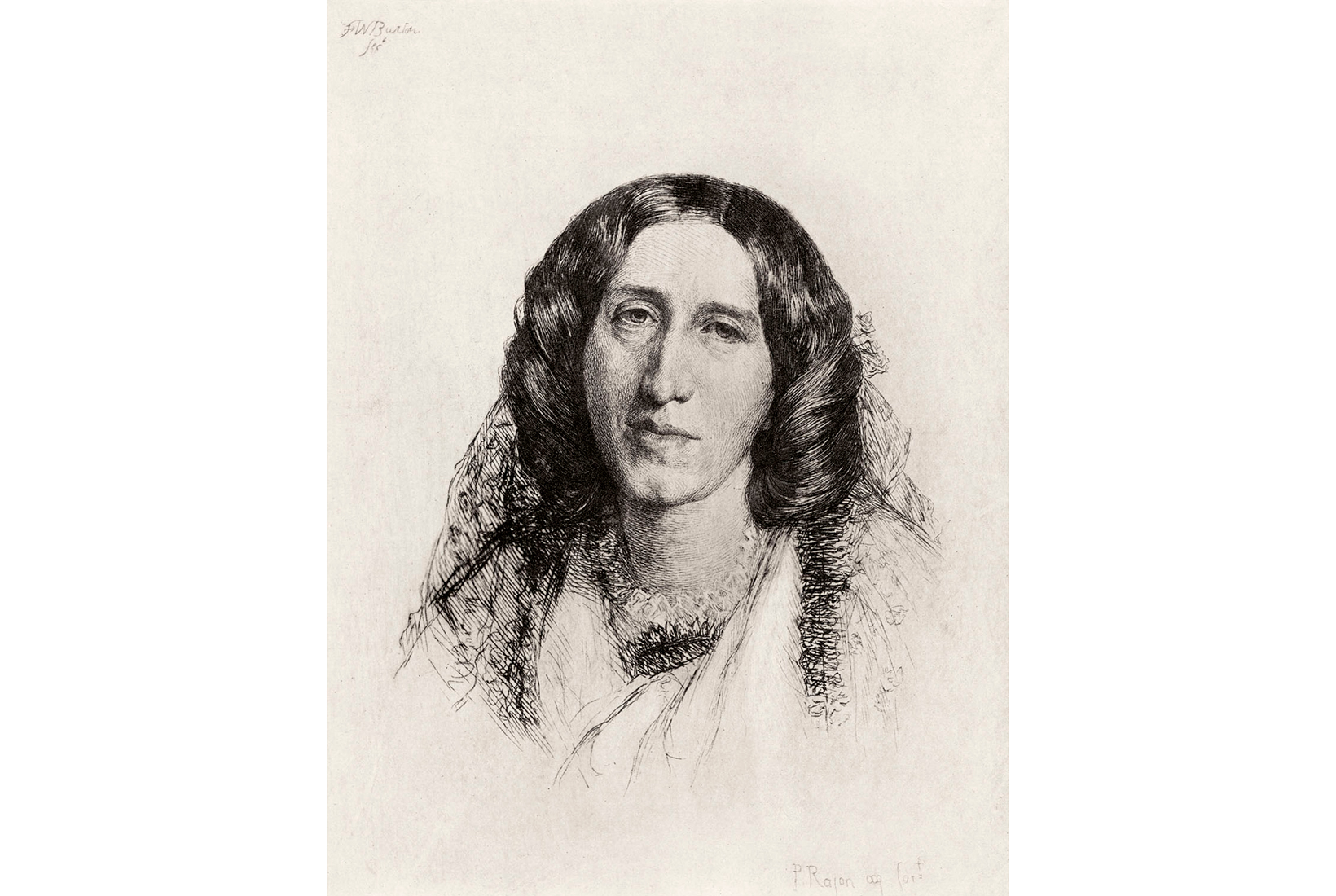One of the stranger things that happened in the period just before lockdown was the sudden disappearance of audiences from TV and radio shows. Late-night hosts told jokes to silent rooms in front of a white background, dutifully pausing for a laugh that never came; panel shows were broadcast without so much as the sound of tumbleweed. Punchlines flopped, charisma evaporated. It was as if Earth’s comedians had been banished to some purgatorial realm, where they would be forced to tell jokes to no one as a form of penance.
Comedy needs an audience. It’s not clear that the same is true of short stories. In Selected Shorts, well-known actors read short stories to a room full of people. The actors in question include LeVar Burton and David Schwimmer, while the stories come from storied writers such as Chimamanda Ngozi Adichie and Ursula K. Le Guin. In America, the show runs as an extremely successful live radio show, touring the country and attracting more than 300,000 listeners.
Short stories ought to be perfect for podcasts. You take a great bit of writing, get an actor with a nice voice to read it and pour the result directly into your listener’s ear. But Selected Shorts suffers from its audience. The tendency that most actors have, even when miked up, to project to the back of the room and over-egg the text ends up stifling the silence and sense of intimacy that a narrative needs to make its mark.
‘This is what 900 pages of turgid prose sounds like,’ says one of the hosts, letting Middlemarch drop to his desk
Perhaps it feels different if you’re there in the room. But of the episodes I listened to, René Auberjonois was the only actor who performed the magic trick that makes a disparate group of people into a single entity, united in thought and feeling: an audience. He reads a Stefan Zweig story about an art dealer who goes to see a blind man’s collection of prints. Unbeknown to the collector, his daughters have sold his paintings to pay the bills. As the story progresses you can feel the silence gathering in the theatre. The room erupts into cheers after the final line.
It was a great story, well told. If you want to hear another, I recommend listening to the George Saunders story ‘Love Letter’, which appeared in the New Yorker this spring. This isn’t a podcast per se — you go to the article and click on an surreptitious audio link at the top to hear the man himself read it. The production values are non–existent, which is fine by me. He reads quietly and without much expression. As he does, the rhythm of the sentences accumulates in the listener’s ear, and the writing begins to work for itself. The effect is beautiful.
George Saunders is the real deal. In my experience, ‘the real deal’ is the only critical term of immense value, the one that professional critics will use in private conversation when they really, really mean what they say. ‘Alice Munro, now, she’s the real deal.’ It speaks to a sense, shared by most fiction readers, that lots of writing is plausible, some is very good, but the kind that really matters — the kind that everyone should know about — seems to exist on a different level entirely.
Somewhere in the upper chambers of this pantheon sits George Eliot’s Middlemarch, which most people seem to agree is the best novel in the English language. For the past few weeks I’ve been listening to the three hosts of Literary Disco discuss it as part of their quarantine read-along.
Literary Disco bills itself as ‘the only book club you’ll ever need’. Truth be told though, book clubs make me a little queasy, necessary or otherwise. I would not be comforted, going into the operating room, by a doctor remarking cheerfully, ‘It’s the only amputation you’ll ever need.’
Things start badly. Someone says they prefer listening to the abridged audiobook to reading the actual novel. ‘This is what 900 pages of turgid prose sounds like,’ says one of the hosts, letting the novel drop to his desk with a thud while several family members restrained me from throwing my laptop against the wall. Even the hosts kick back against this. ‘I refuse,’ says someone reasonable, ‘to let your fake frat-boy anti-intellectualism drive the conversation around this fucking masterpiece.’
I had come prepared to grit my teeth through the read-along. And at first there were complaints of a predictable, creative-writing professor kind. Eliot explains her characters’ motivations, she tells rather than shows. If only she had read more Raymond Carver! Yet as the read-along progresses, these begin to fall away. Middlemarch — one of the most effective instruments ever devised for the destruction of human vanity — does what it always does. It convinces them. It strips them of whatever dogma they brought to it. In the most recent episode, the hosts were reading out passages and groaning in recognition of Eliot’s genius. It’s oddly gripping to listen to this happen. Now, they are converts, and I have no doubt that when they fold over the last of its 900 pages they will think to themselves: ‘Now that was the real deal.’







Comments